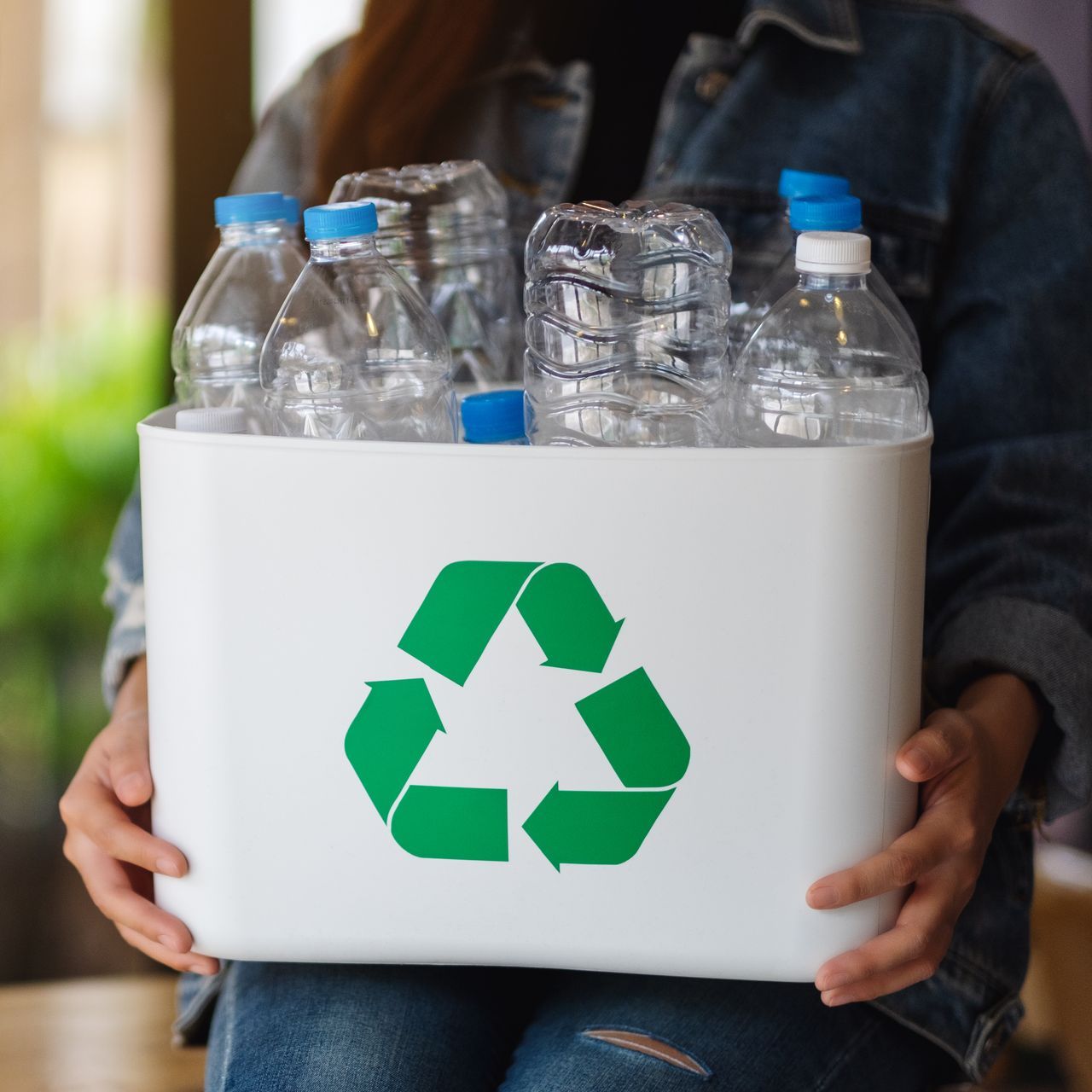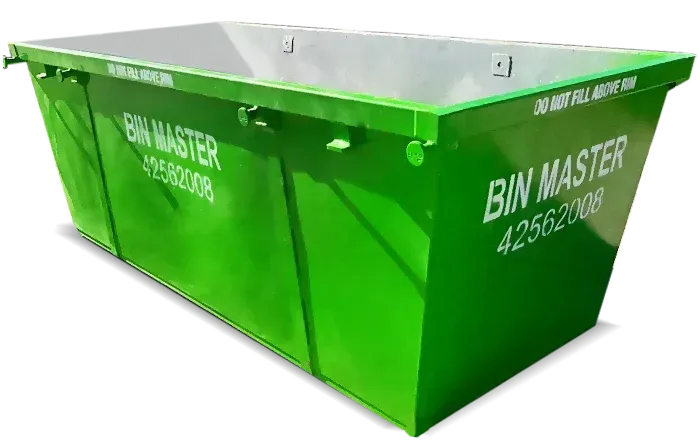Where Does Rubbish Go in Australia?
Have you ever wondered what happens to the rubbish you throw away? Does it simply disappear once it’s out of sight? How is it sorted and managed, and what impact does it have on our environment? Waste management is a very serious issue in Australia that affects both our local communities and the global ecosystem. Understanding where our household waste goes and how it is handled can inspire more responsible habits and contribute to a healthier planet.
The Waste Management Process
In Australia, the waste management process starts at the household level. Residents are provided with up to three bins for waste separation. The red-top bin is for general waste, the yellow-top bin is for recyclables, and the green-top bin is for organic waste. On designated collection days, waste is picked up either by a public or private contractor and transported to sorting facilities or waste stations where it undergoes further separation.
For larger amounts of waste, particularly from construction or renovation projects as well as household projects like backyard clean-ups, garage clean-outs, moving house and spring cleaning, skip bins are often used as they offer an easy way to handle bulk waste. Skip bins help make sure that waste is collected efficiently and taken to appropriate facilities for sorting and disposal.
Types of Waste
General Waste
General waste includes solid waste items that cannot be recycled or composted. This category often contains plastics, nappies, and various forms of packaging. Unfortunately, much of this waste ends up in landfills, contributing to environmental pollution and greenhouse gas emissions. As a matter of fact, there are estimates that about 130,000 tonnes of Australian plastic finds their way into our waterways and oceans each year.
Recycling
Recyclable materials include paper, cardboard, glass, and certain plastics. Once collected, these items are taken to recycling facilities where they are sorted, cleaned, and processed for reuse. However, contamination remains a significant challenge for recycled waste. Items like food residues, plastic bags, and non-recyclable materials can spoil entire batches of recyclables and lead to more waste being sent to landfills.
Organic Waste
Organic waste consists of food scraps and garden waste. This type of waste can be composted to create nutrient-rich soil, reducing the need for chemical fertilisers and enhancing soil health. Proper management of garden and food waste can help to reduce methane emissions from landfills.
Liquid Waste
Liquid waste, often overlooked, includes substances like oils, chemicals, and other hazardous liquids that require special handling. Although it makes up only a small percentage of Australia's total waste, it must be treated with caution to prevent contamination of water sources and soil. Proper disposal and treatment facilities are necessary to handle this type of waste safely.
Waste Disposal Methods
Landfills
Landfills are the most common waste disposal method in Australia. General waste from red bins is transported to designated landfill sites where it is buried. While landfills are a straightforward solution, they have significant environmental drawbacks. Decomposing organic waste produces methane, a potent greenhouse gas that contributes to climate change.
Recycling
Recycling is a key component of waste management aimed at reducing the volume of waste sent to landfills. By converting waste materials into new products, recycling conserves natural resources and reduces pollution. However, the effectiveness of recycling programs depends on the proper sorting and disposal of recyclable materials by residents.

Energy Conversion
Energy conversion, though a relatively new concept in Australia, involves turning waste into energy. This process can help reduce the volume of waste in landfills and generate electricity or heat. Currently, only a small percentage of Australian waste is converted to energy, highlighting the potential for growth in this area.
The Impact of Waste on the Environment
The environmental impact of waste is profound and multifaceted. Landfills emit methane, contributing to global warming. Plastics in waterways and oceans pose serious threats to marine life, as they can cause injury and death to animals that ingest or become entangled in plastic debris. Additionally, littered landscapes degrade natural beauty and can harm wildlife and human health. Improper waste disposal exacerbates these problems. Contamination of recycling streams leads to more waste ending up in landfills, contributing to the recycling crisis. Plastics and other pollutants in waterways disrupt ecosystems and pose risks to marine life. Moreover, littering and illegal dumping create unsightly and hazardous environments.
The Need for Sustainable Waste Management
Sustainable waste management is important for mitigating environmental damage and promoting a circular economy. This approach emphasises reducing waste generation, maximising recycling and composting, and improving waste-to-energy conversion rates. Achieving these goals requires consistent regulations and better infrastructure, such as more recycling plant facilities and waste-to-energy plants.
Thankfully, the Australian Government is very active in its efforts to promote sustainable management of waste across the country. In Western Australia alone, new facilities that convert waste to energy are set to become operational soon. As waste-to-energy plants become more widespread, this will greatly benefit the environment as waste generated by the locals can be utilised to power entire communities.
Moreover, new legislation has been introduced to the Parliament that seeks to establish Australia’s first independent national environmental protection agency. This marks a pivotal step in our commitment to Nature Positive law reforms.
The Environment Protection Australia (EPA) will oversee and enforce our nation's environmental protection laws. This agency will not only enhance nature conservation but also support sustainable development. With stronger powers, the EPA will ensure effective compliance and enforcement, driving forward our vision for a healthier and more sustainable Australia.
Where Does Bin Master Come In?
As a company that provides skip bins for various waste removal needs, Bin Master is all about promoting sustainable waste management practices. Our services focus on diverting as much waste as possible from landfills. We process construction and demolition waste to ensure that materials such as cement, bricks, cardboard, and metals are recycled and repurposed.
At our facilities, waste is meticulously sorted to separate recyclables from non-recyclables from the waste stream. We keep detailed records of all waste processed and provide comprehensive waste management reports for commercial and domestic projects. Our ongoing commitment to sustainability drives us to improve our processes and continuously find new ways to reduce our environmental footprint. This means that by hiring our skip bins and skip bags, clients can ensure that their waste is managed in a responsible and sustainable manner.
Takeaway
The journey of rubbish from homes to its final disposal involves several stages, but most ultimately end up in designated landfills. Through a proper understanding of proper waste sorting and disposal, Australians can play their part in cutting down their environmental impact.
Bin Master’s role in this ecosystem highlights the importance of responsible waste management practices. By working together and adopting sustainable habits, we can contribute to a cleaner, greener planet for future generations. Waste is a resource that, when managed correctly, can greatly benefit the environment. We encourage everyone to do their part in making waste management more effective and sustainable.

Bin Master Skip Bins offers a wide range of skip bin and skip bag sizes for different waste removal needs at great rates. Whether it's household waste, construction debris, or green waste, we have a suitable skip solution available for you.

We hope you enjoyed reading this blog post!
Bin Master Skip Bins is a family-owned and -operated skip hire company servicing Wollongong and the surrounds. We provide skips for various waste disposal needs. Visit our website to explore our range of skip sizes.

Bin Master Skip Bins provide skip bin hire to domestic households, business and government organisations for waste disposal and rubbish removal.
Quick Links
Contact Information
Location:
Opening Hours
Areas We Serve
Our services are available across the
Illawarra
and throughout the
Shoalhaven
region.